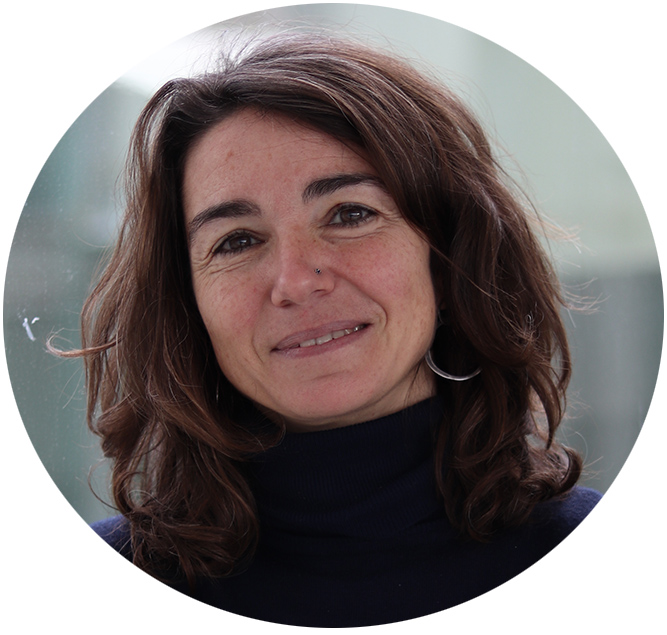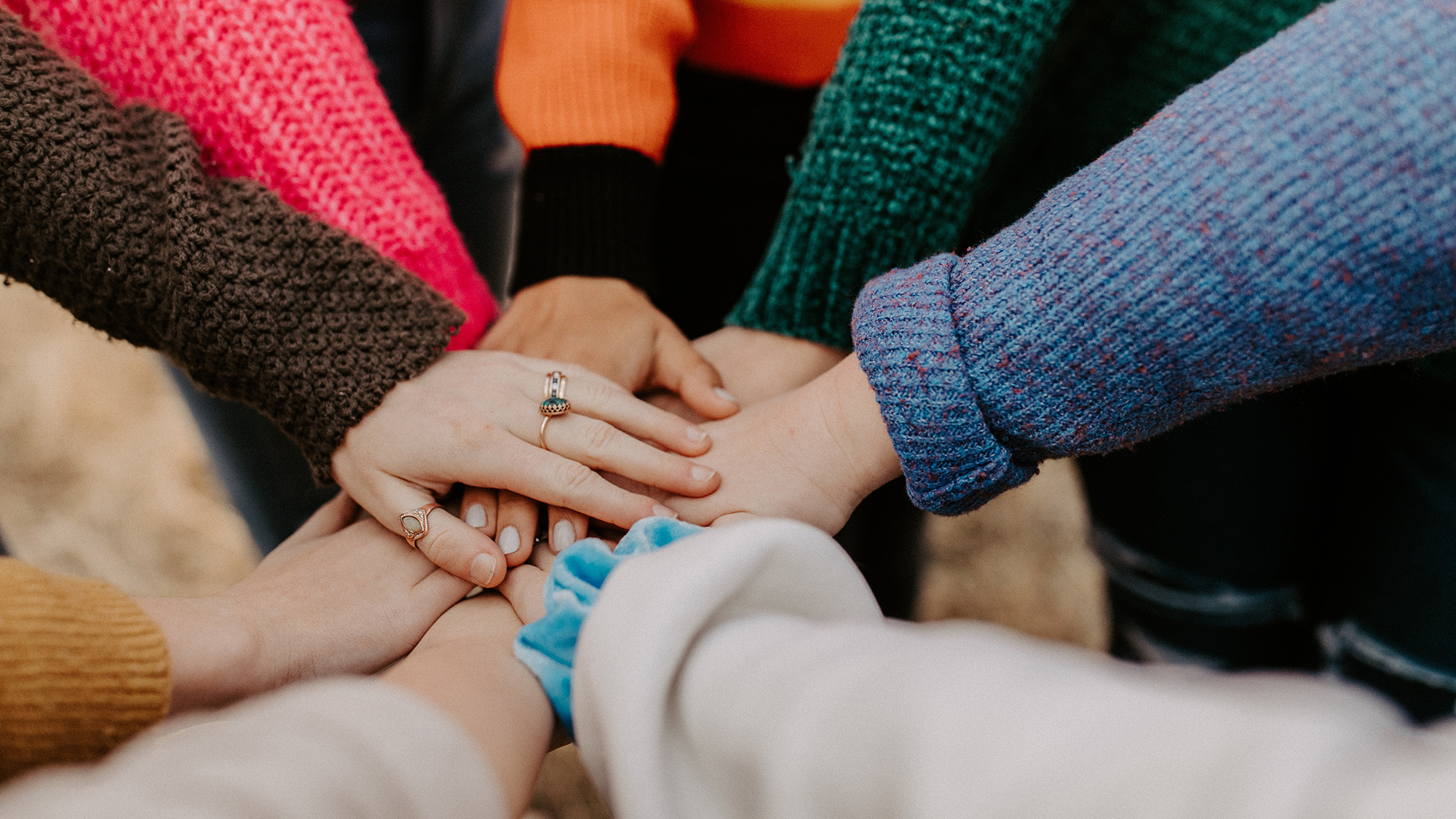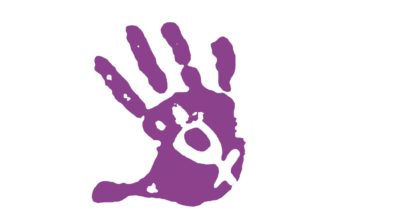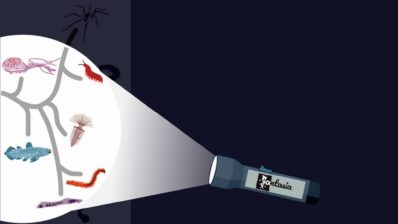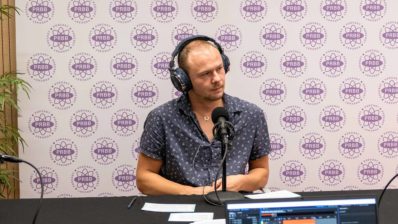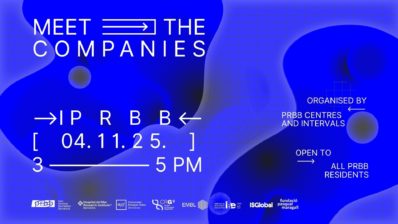Although science is done most of the time as a team, the life of a scientist is generally a solitary one. The model of too individualized leadership means that there is a constant assessment of the successes achieved and reflected in the CV. This constant curricular assessment leads to a constant self-assessment and often a doubt about the best steps to follow in the scientific career. Apart from these particularities of science, there are also the general problems that we can find in many other types of work, personal relationships, time management, etc.
“The current leadership model in science is too individualized and involves constant self-assessment and often doubting what are the best steps to follow”
Imported from Americans, peer mentoring is a space of peer relationship in which trust is crucial. Its goal is to help others improve their professional performance by considering who they are and helping them to get the best out of themselves to make the best decisions, take perspective in the face of results, evaluations, expectations, and so on. A peer mentoring partner is not a friend in principle — although they may end up being a friend over the years, given shared experiences and appreciation of a relationship of trust and one that can be relied upon in times of difficulty. Peer mentoring groups have been shown to help their members increase their self-esteem and empathy, improve their conflict resolution skills, and their ability to communicate and connect with work.
“Peer mentoring groups are a space for peer relationships where trust is crucial; they help their members increase their self-esteem and empathy and improve their management skills”
Peer mentoring at the PRBB
I had the opportunity to participate in a pilot project of the Intervals program at the Barcelona Biomedical Research Park (PRBB) of a peer mentoring group only for female scientists. When we started in this group, we were 8 women from different PRBB centres, at different moments of our careers, working in different areas within the life sciences field and occupying different positions in our respective institutes — but all of us leading research groups. Eight women, then, group leaders in different professional moments and also different difficulties and opportunities, united to help each other.
After 3 sessions with a facilitator, we continued to meet every 6-8 weeks for over 6 years. The group had casualties and new additions but never lost the spirit of camaraderie and professional and personal trust which in my particular case was very helpful. At that time, my scientific career was at a very bad time for different reasons. The support and perspective of the group allowed me to continue believing in myself as a scientist and to make decisions to make a new path. In the same way, being able to listen to the professional situations of my colleagues allowed me to contribute my own experience and also learn from new situations for me.
“For more than 6 years, a group of women from different PRBB centres have met periodically to support each other; it has helped me a lot to continue believing in myself as a scientist”
Every other Thursday
In addition, the group led to unexpected opportunities that enriched my professional and personal life. For example, through the group we were able to contact Professor Virginia Valiant (Hunter College, New York) who, in addition to being a linguist, has been a great fighter for gender equity in science. I was able to enjoy a wonderful dinner talking to the group and Professor Valiant. Virginia recommended a book for the group, Every Other Thursday, by Ellen Daniell. This book tells the story of a group of female scientists who came together for 25 years to share and help each other in their careers at different California institutions. This book is a wonderful example of what a good peer mentoring group can be, and at the same time it ends up being a good story about the lives of these female scientists both professionally and personally.
“I was very inspired by Every Other Thursday, a book that tells the story of a group of female scientists who came together for 25 years to share and help each other in their careers at different California institutions”
Being a scientist is not easy, and being a female scientist even less, as we cannot ignore the fact that science is no exception to the burden of inequality that we still carry through the slow progress of society in this regard. In addition, science has been and continues to be in large numbers, a world dominated by men (only 22 women among 688 Nobel Prize winners in science), and female scientists continue to meet more often than would be desirable in scenarios in which we have the feeling of not belonging. That’s why I think peer mentoring groups, which are recommended for everyone, are especially useful for female scientists to surf with more chances of success in the world of science.
Support for everyone
For this reason with my colleague from the Institute for Evolutionary Biology (IBE: CSIC-UPF), Josefa González, we started the PhD mentoring group, with the aim that PhD students have the opportunity to have mentors to help them from the start of their PhD.
In the same way we started a new peer mentoring initiative with 10 female scientists from all over Spain who meet by skype every 4 weeks. The last of these meetings was during the confinement due to the coronavirus pandemic, and it served as extra support to be able to maintain the necessary confidence and resilience during these difficult weeks, as well as to discuss the different prospects for the future
